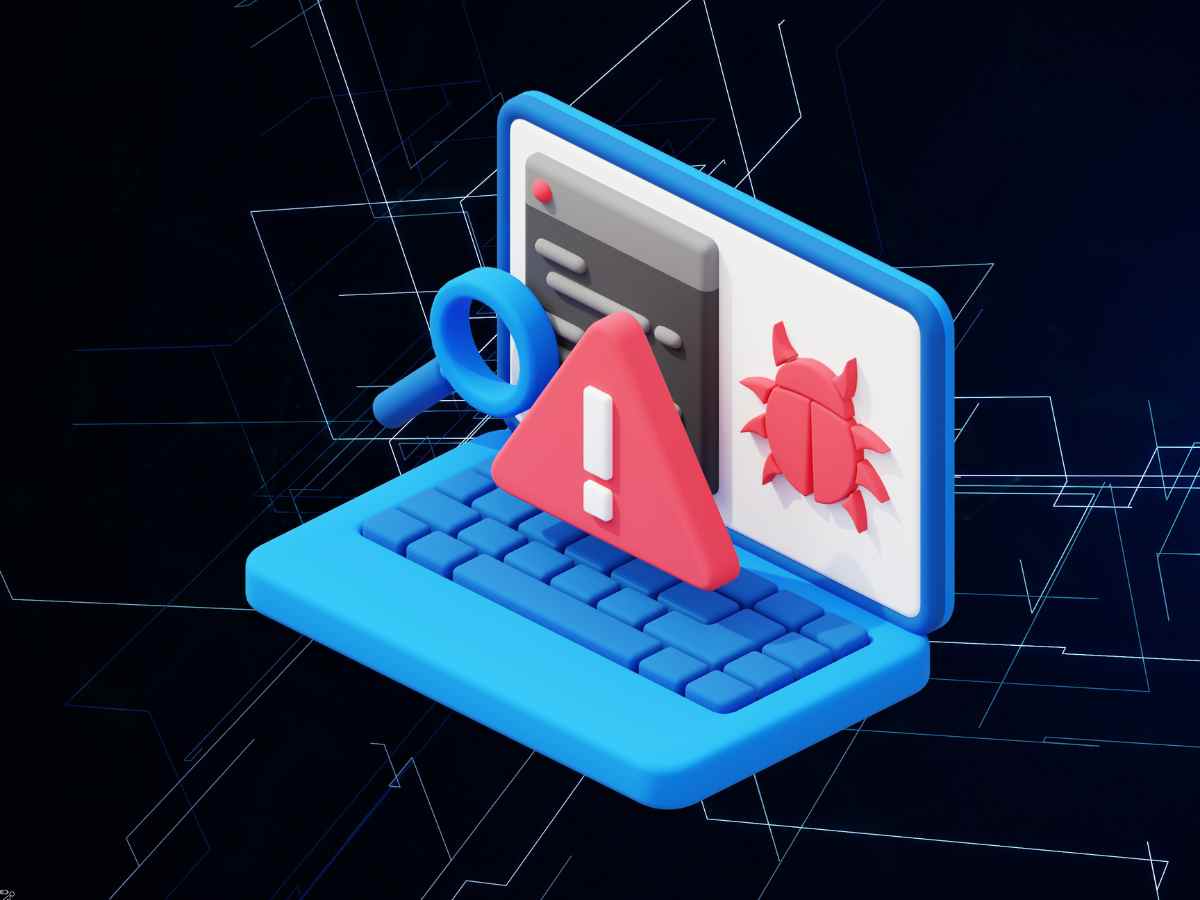Over the past few years, soft skills have gained considerable attention. While hard skills are undoubtedly essential, soft skills are becoming more prominent and popular. You might have faced problems at your workplace, such as a hostile environment, office politics, poor communication skills, or bad team management. Soft skills teach us how to deal with these problems and help to create a positive work environment.
Understanding Soft Skills
Soft skills are your non-technical skills, which include interacting with people, managing teams, and dealing with problematic situations. It involves communication, interpersonal, teamwork, adaptability, and problem-solving skills. Together, all these skills help you grow and enhance your professional and personal life.
By taking an example, we can better understand how soft skills are important. Suppose in a company, the same task has been assigned to two team leaders named John and Albert. The scenario is that John is extremely good in technicalities but has poor communication and management skills, and Albert might not have as good hard skills as John, but he has strong communication and leadership skills. Despite having good technical skills, John’s team did not complete the task effectively, but Albert’s team completed it. Now, what problem did John face? He tried to complete the task by himself as he could not manage his team well. However, Alfred managed his team well by dividing the task among his members and communicating with them. This is an example of good teamwork and good leadership.
Importance of Soft Skills in Professional Life
Soft skills are crucial skills for professional life. These skills, which include communication, empathy, adaptability, and teamwork, not only enhance individual performance but also develop a positive and productive work environment. Let’s discuss how soft skills help to build a good professional life.
- Effective Communication: Communication is the key. Effective communication helps in building good personal and professional relationships. It is one of the most essential skills for every individual. Those who learn good communication skills can express themselves more effectively and clearly. Employees who have strong communication skills can express their ideas more clearly and engage in meaningful talks with colleagues, clients, and stakeholders. This prevents misunderstandings and creates a positive environment where ideas and feedback flow freely.
- Boost Teamwork and Collaborations: Every organization needs a team to complete assignments. Teams who work well together include individuals who can communicate openly, respect different perspectives, and resolve conflicts constructively. When employees possess these skills, they contribute to a more harmonious and efficient team dynamic, which leads to better project outcomes.
- Adapting to Change: In today’s rapidly changing business landscape, adaptability is more crucial than ever. Organizations must be agile, and so must their employees. Soft skills like adaptability, resilience, and creativity are essential for a better change. Employees who can quickly adjust to new roles, technologies, or market conditions are invaluable assets to their organizations.
- Establishing Good Leadership: Soft skills can be crucial for those who are aspiring for leadership positions. Leadership is not just about being bossy and giving orders; it’s about inspiring and motivating others, taking informed decisions, and leading by example. Leaders with strong soft skills build trust, communicate a clear vision, and create a workplace where employees feel valued and motivated to perform at their best.
There is a common misconception that women develop soft skills more easily, but soft skills are not gender specific. The principle that “practice makes perfect” applies universally—anyone can enhance their soft skills through dedicated practice and professional guidance. By actively seeking feedback from friends, mentors, or colleagues, one can continuously refine these skills. The key is to remain open to learning and consistently apply what you’ve learned to improve your interpersonal effectiveness.
Soft skills are often a crucial factor in career advancement. While technical skills may get you a job, soft skills are the ability to work well with others, manage stress, and navigate office politics that often determine how far you can go. Organizations increasingly seek out candidates who demonstrate a balance of hard and soft skills, recognizing that both are essential for long-term success.






